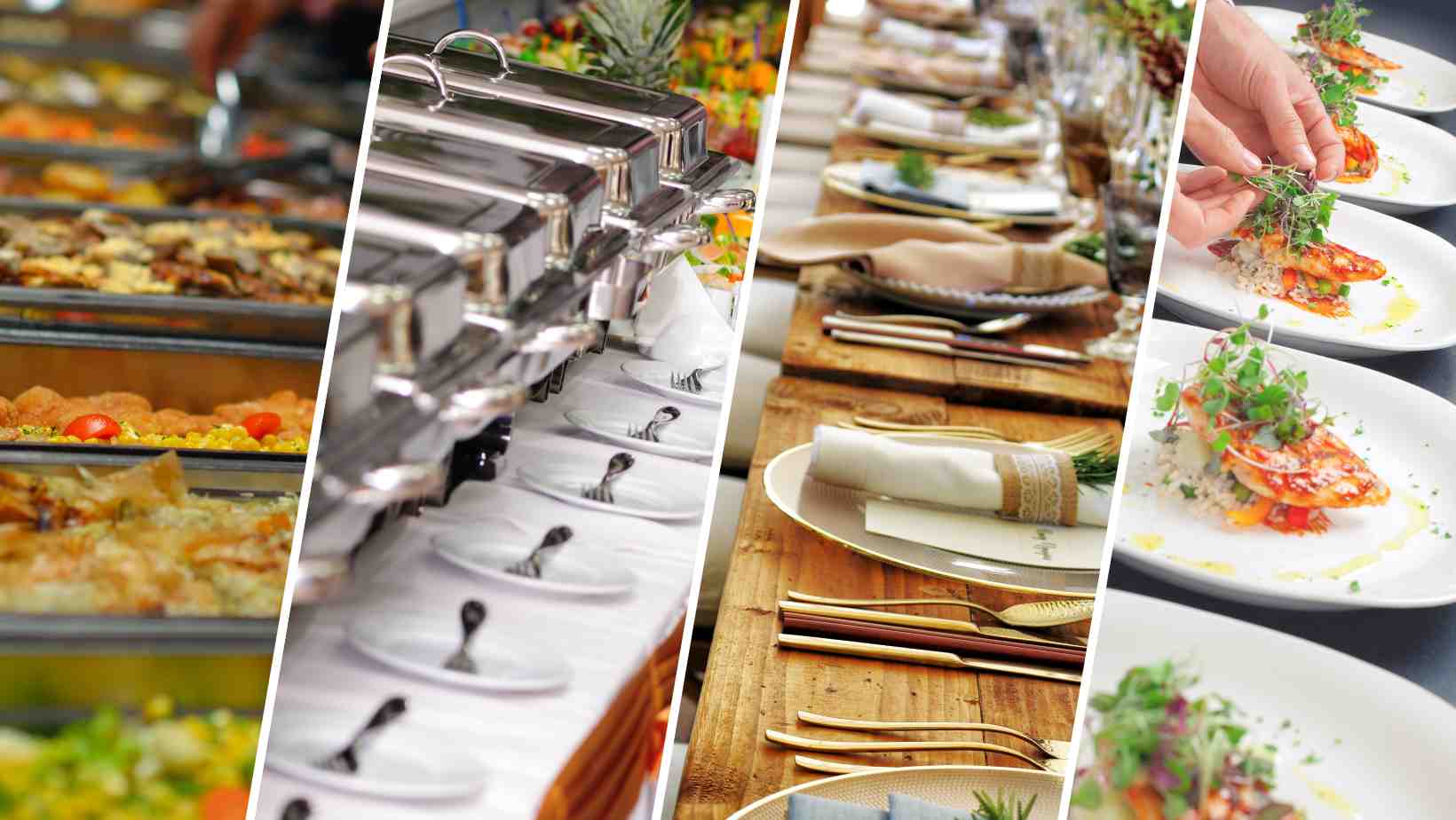How to manage your finances as a private chef?
How to manage your finances as a private chef?
Being a private chef involves juggling various expenses, from food costs to labor expenses. This becomes even more significant during the holiday season. Skillfully handling finances in November and December is crucial, particularly because the hospitality industry tends to experience a slowdown, leading to fewer bookings and reduced income compared to more bustling months.
Preparing for a quieter hospitality season with fewer bookings and, consequently, less income than the bustling months, managing finances as a private chef can be challenging. While January might not offer as many opportunities as the festive months of November and December, there’s still potential. Whether you’re a seasoned chef or just starting your culinary journey, being proactive about financial management can make a significant difference. Here are a few tips to help you handle your finances better as you gear up for the festive season.

1. Set your budget: In the world of private cheffing, having a budget is akin to a well-crafted recipe. It’s the secret sauce that allows you to identify where you can make adjustments and plan for upcoming expenses. Think of it as your kitchen companion, guiding you through the ebb and flow of financial flavors. Take a moment to check in on your budget regularly, making tweaks as needed to keep your financial kitchen running smoothly. After all, just like in the kitchen, a balanced approach is the key to a successful outcome.
2. Tracking your expenses every week: Keep a close eye on your expenditures. Maintaining precise records of your expenses is crucial for effective financial management in a culinary business. Explore various budgeting methods, such as monitoring your daily grocery expenses, tracking your weekly spending with a spreadsheet, or even keeping tabs on your investments in an Excel spreadsheet. Not only this help you handling your money well but also makes it easier to keep track of where your money is going. That way, you can avoid extra charges and spending too much.
3. Check your food costs and keep in touch with your suppliers: Keep your holiday budget in check by managing food expenses and staying in touch with your suppliers. During festive seasons, food costs can be a major spending area. To stay within budget, it’s crucial to know food prices well and regularly check your inventory. Building a good relationship with your suppliers is key too. This ensures you’re getting the best deals on the ingredients you require.
4. Labour costs: Keep an eye on labour costs, a major spending area in the private chef industry. Make sure you understand labor laws and regulations, and that your staff is well-trained and motivated. If you’re hiring extra help, like waiters for the festive season, keep a close track of their hours and details to avoid any payment issues later on.
5. Keep an eye on cash flows: Keep a close watch on your cash flow to ensure you’ve got enough money to cover your bills. Cash flow is the money moving in and out of your business during a set time. Managing it well is crucial for having enough cash to handle expenses and invest in your business. Accounts receivable are what customers owe you, while accounts payable are what you owe to suppliers. Keeping an eye on these helps you see your cash flow situation clearly and predict any possible gaps in cash flow.
6. Put money away to prevent financial stress in Jan/Feb: Take a cue from the pandemic playbook—starting to save can be a game-changer. Designate a slice of your monthly profits to build up an emergency fund. This fund acts like a safety cushion for surprise expenses or when business slows down. It’s a savvy financial move that brings peace of mind and helps your food business navigate unpredictable times. Check out Monzo’s savings pot feature to make this process smoother:
7. Separate Business and Personal Finances: Draw a clear line between your business and personal money matters by keeping separate bank accounts. Regularly pay yourself from your business account to keep an accurate record of expenses. Don’t forget to document these salary payments for smooth bookkeeping and to stay on top of your tax obligations.
Managing the finances as a private chef can be challenging, especially during the festive season, but it’s not impossible. By keeping accurate financial records, tracking expenses, and prioritizing financial planning, you can make informed decisions and set your food business up for success, even in the midst of holiday demands.
How yhangry is helping:
We are doing everything we can to drive bookings during January. We are ramping up our marketing efforts and offering discounts for customers booking events in January to boost bookings for all our chefs. Any discounts we offer come straight out of our commission. E.g. if we’re giving customers a 10% off for January events it means that after factoring in VAT etc. we’re making less than 10%.
Whether you're hosting a special celebration dinner, looking for a chef during your holiday or weekly meal prep, we will match you to the perfect chefs.
Start here





